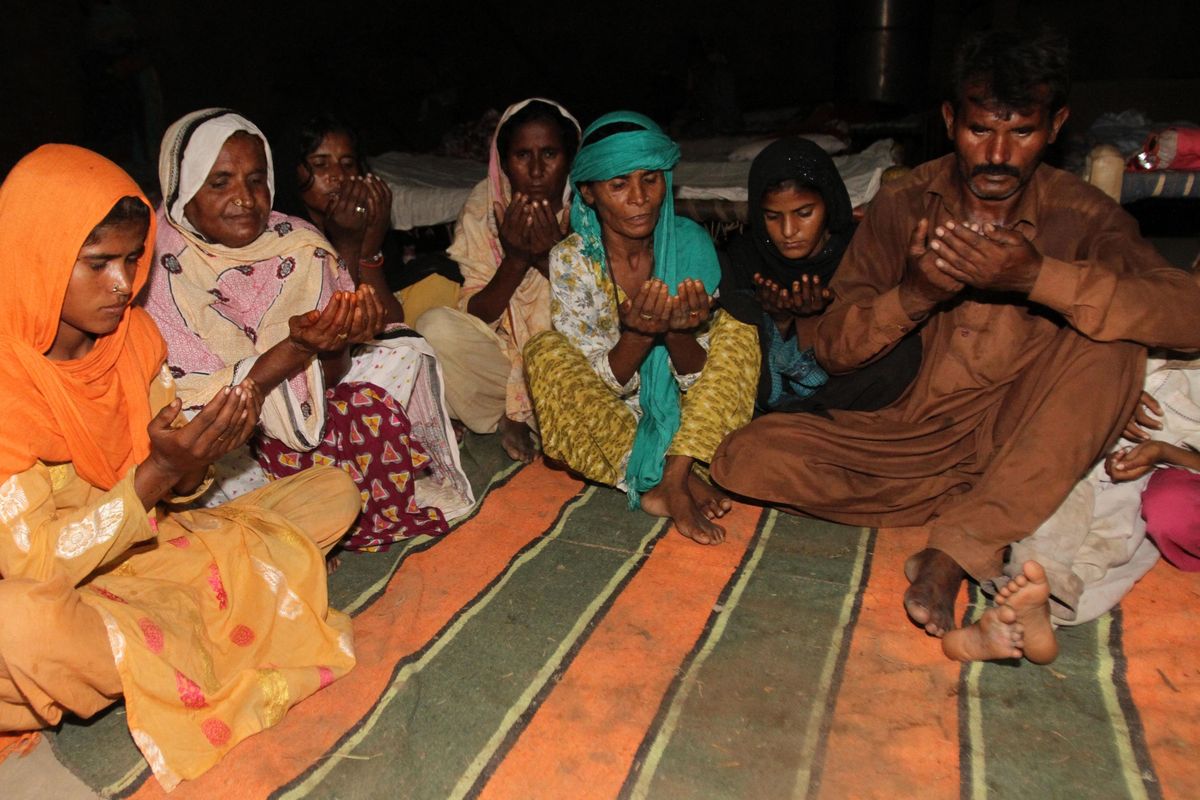Pakistan stiffens penalty for ‘honor’ killers

ISLAMABAD – Pakistani lawmakers on Thursday passed a law that stiffens the penalty for convicted “honor” killers and closed a loophole that often allowed them to go free, in a move aimed at stemming the growing number of such killings.
The bill was passed after a raucous debate that lasted nearly four hours, with some of the loudest opposition coming from hard-line Islamist lawmakers. They wanted the Islamic Ideology Council, a body of conservative Muslim clerics, to weigh in on it before becoming law.
Supporters of the bill flatly refused, saying the council, which once ruled it was permissible for a man to “lightly” beat his wife, routinely vetoes legislation aimed at protecting women.
“Honor killings are a cancer in our society. This law is being presented against this cancer,” said Naveed Qamar, a member of the opposition Pakistan People’s Party, a left-of-center party once led by Benazir Bhutto, who was assassinated in 2007, some say by Islamic militants.
More than 1,000 women were killed last year in so-called honor killings in Pakistan, often by fathers, brothers or husbands. Such killings are bound up with longtime traditions by which a woman’s chastity is vital to the family’s honor – so acts like a woman marrying the man of her choice, meeting a man or even being seen sitting with a man could lead to slayings.
But those who carry out such killings are almost never punished. In accordance with Islamic Shariah law, Pakistani law allows the families of victims to forgive the killer. Since the killers in these cases are usually close relatives, the family almost always forgives them.
The new law gives a mandatory 25 years in prison to anyone convicted of killing in the name of honor and no longer allows family members to forgive such killers. The law allows forgiveness only of an “honor” killer is sentenced to death; if the killer is forgiven, he would still have to serve the 25 years in jail.
Still, the law angered some conservative Islamists who said it violated Shariah and imitated “Western laws” that give women too much independence.
Many supporters of the law said they wanted it to go further. Lawmaker Nafeesa Shah said she had wanted any form of forgiveness banned in honor killings.
“There are still some loopholes, but it meets the problem half-way,” she said.
“It is one positive development,” said Zohra Yusuf, chairman of the independent Human Rights Commission of Pakistan, which documents such killings.
The legislation was originally introduced nearly a year ago by the opposition People’s Party. But because the practice of forgiveness is part of Shariah, Parliament deferred it to a committee to try to build a consensus. The conservative Pakistan Muslim League took up the bill but added the possibility of forgiveness for the death penalty as a concession to religious parties.
“We have to work within certain confines … but we have taken this step and we have come so far,” said Shaista Pervaiz Malik, a government lawmaker.